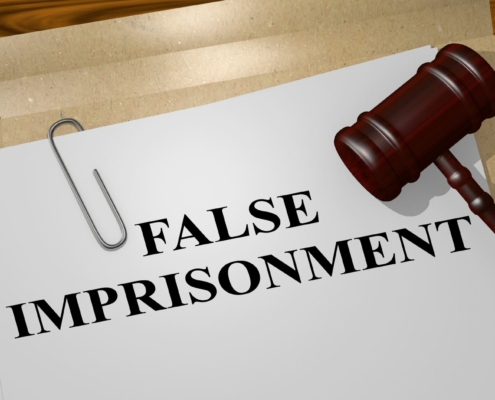Navigating the legal battlefield of the courtroom requires more than just knowledge of the law; it demands strategic thinking, impeccable timing, and a keen understanding of courtroom dynamics. This article provides essential tips for trial lawyers, offering insights into the nuances of trial preparation and execution. From the timely introduction of exhibits to the art of persuasion, these tips are designed to enhance your effectiveness as a legal advocate. Whether you’re preparing for a jury trial or a bench trial, these guidelines will help you refine your approach, ensuring that you’re not only ready to face the challenges of the courtroom but also poised to succeed when going to trial.
Tip #1: Timely Introduction of Exhibits
Exhibits should be entered into the evidence as they are being used in the trial to avoid possible objections and ensure that vital evidence is admitted. A trial lawyer understands the importance of this timing. A trial attorney knows that failing to do so can result in key evidence being excluded. By following this tip, you ensure all pertinent evidence is considered, strengthening your case when going to trial.
Tip #2: Clear Instruction to the Decision-Maker
In both civil jury trials, a trial lawyer should use the verdict form in closing arguments to clarify the desired outcome. In bench trials, a trial attorney needs to explicitly state the sought relief. Neglecting this can lead to misunderstandings about your case’s objectives. Clearly instructing the decision-maker aligns their understanding with your goals, especially when going to trial.
Tip #3: Simplify and Focus Your Case
Reducing the case to its simplest form and focusing on strong arguments is key for a trial lawyer. A trial attorney should avoid digressions that could weaken the case’s impact. Ignoring this tip might lead to a cluttered and ineffective argument. A well-simplified case presents a clear narrative, which is crucial when going to trial.
Tip #4: Observe Trials in Your Assigned Court
A trial lawyer should observe trials in their assigned court to understand its unique dynamics. A trial attorney gains valuable insights by being present in the court where they will be going to trial. Not doing so can leave you unprepared for specific courtroom procedures. This familiarity can be invaluable in presenting your case effectively.
Tip #5: Enhance Evidence Visibility
Making evidence easily visible is a critical strategy for a trial lawyer. A trial attorney uses technology to make evidence more accessible. Failing to do so may result in key evidence being overlooked. When evidence is clearly visible, it aids the decision-maker’s understanding, which is vital when going to trial.
Tip #6: Focus on Verdict Forms and Jury Instructions
A trial lawyer should prioritize preparing verdict forms and jury instructions. A trial attorney understands that overlooking these can lead to unfavorable jury instructions. Proper preparation of these documents ensures clarity in the legal framework of your case, especially when going to trial.
Tip #7: Active Listening in Court
- Active listening is essential for a trial lawyer during voir dire and witness testimonies. A trial attorney must be attentive to nuances in responses. Not listening carefully can lead to missed insights or misinterpretations. Effective listening allows for more strategic responses, particularly when going to trial.
Tip #8: Persuasion of the Decision-Maker
A trial lawyer must focus on persuading the decision-maker, especially a jury. A trial attorney knows that failing to persuade can result in losing the case. Effective persuasion techniques are crucial for winning over the decision-maker, which is essential when going to trial.
Tip #9: Regular Practice of Advocacy Skills
Regularly practicing courtroom advocacy is vital for a trial lawyer. A trial attorney improves their skills through consistent practice. Not engaging in regular practice can lead to a decline in courtroom effectiveness. Continuous practice hones your skills, preparing you for the challenges of going to trial.
Tip #10: Choosing Battles Wisely
A trial lawyer must assess the strength of a case before going to trial. A trial attorney understands that proceeding with a weak case can lead to unfavorable outcomes. Choosing your cases wisely ensures that you invest your resources in cases with a higher chance of success, which is especially important when considering going to trial.







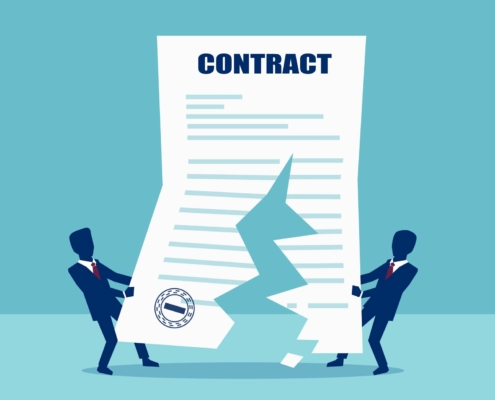




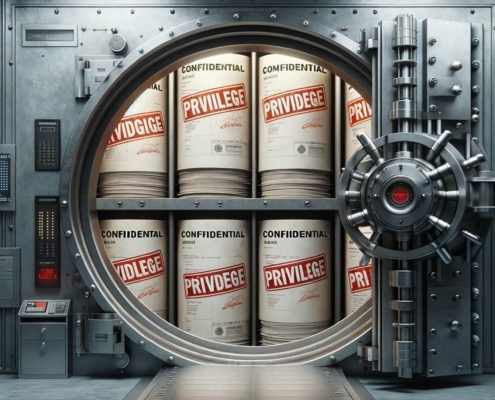

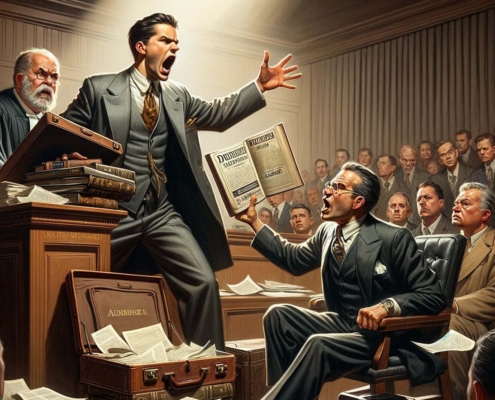

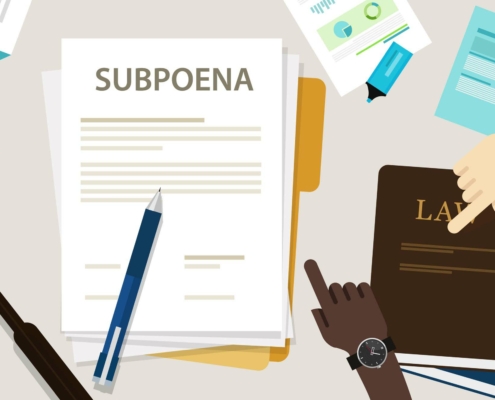
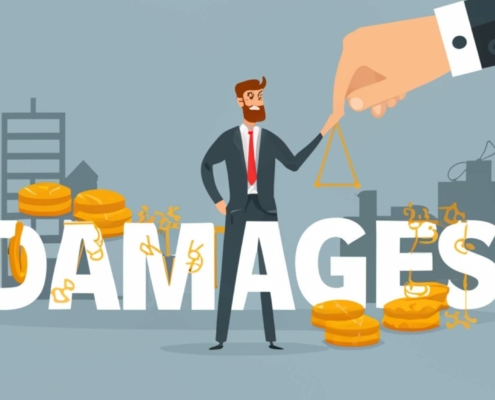
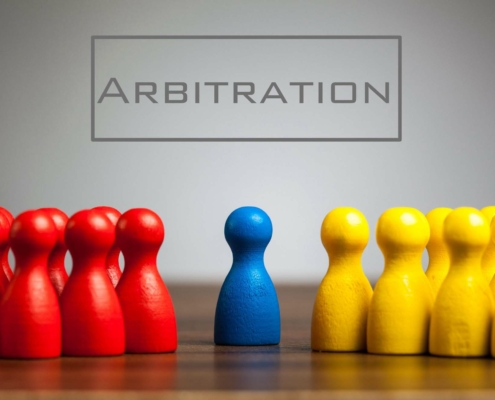
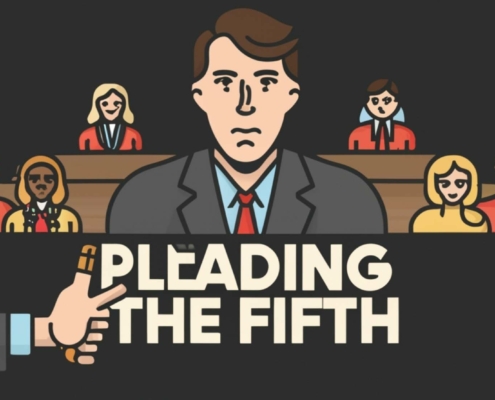
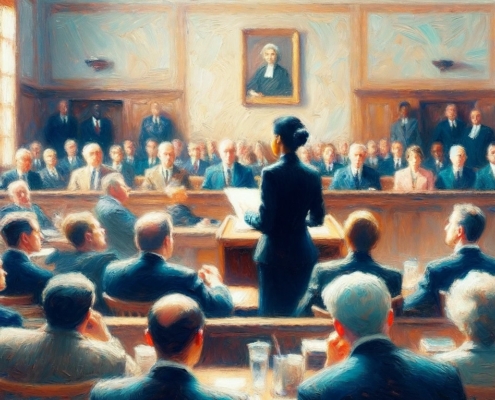

 By: Brad Nakase, Attorney
By: Brad Nakase, Attorney